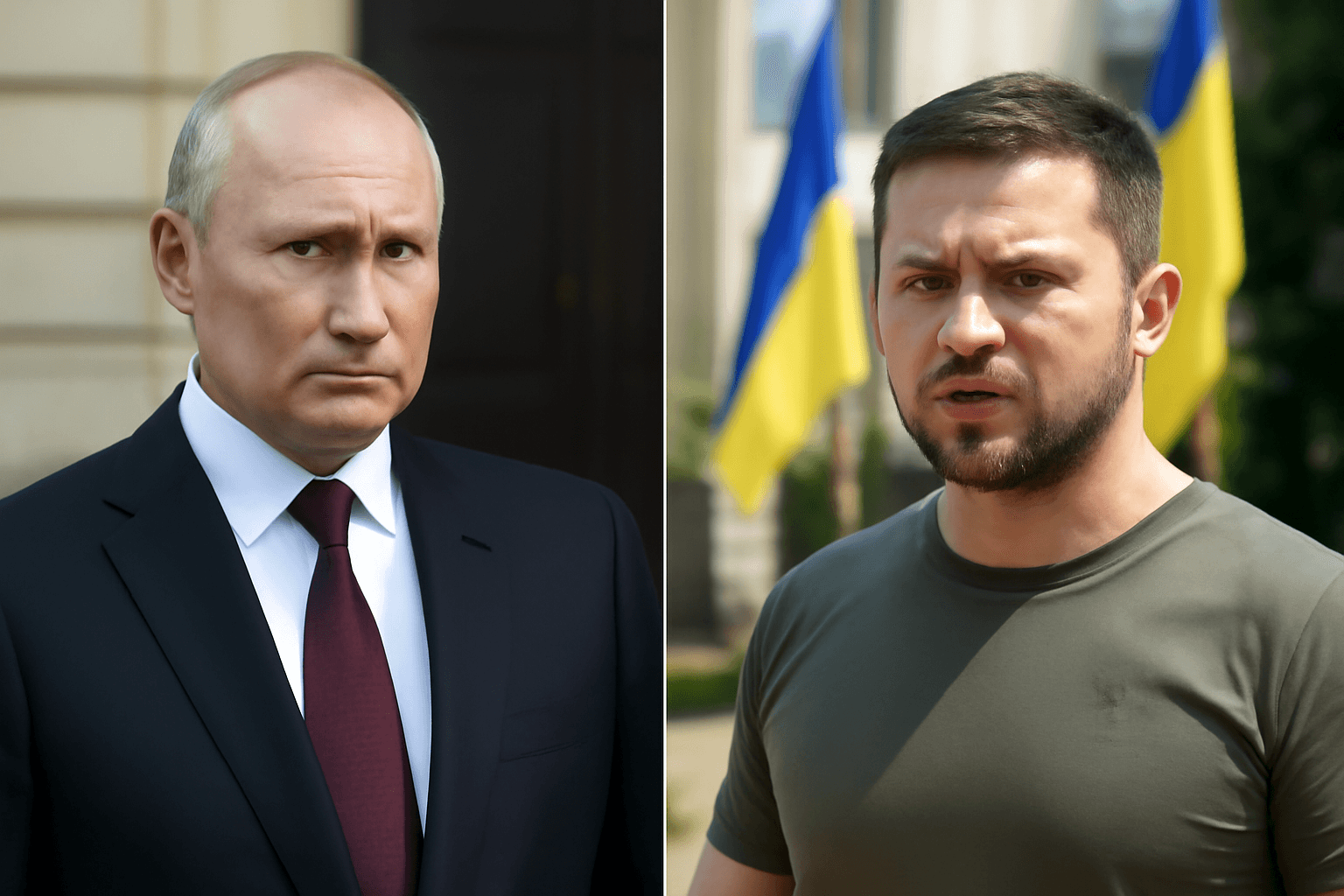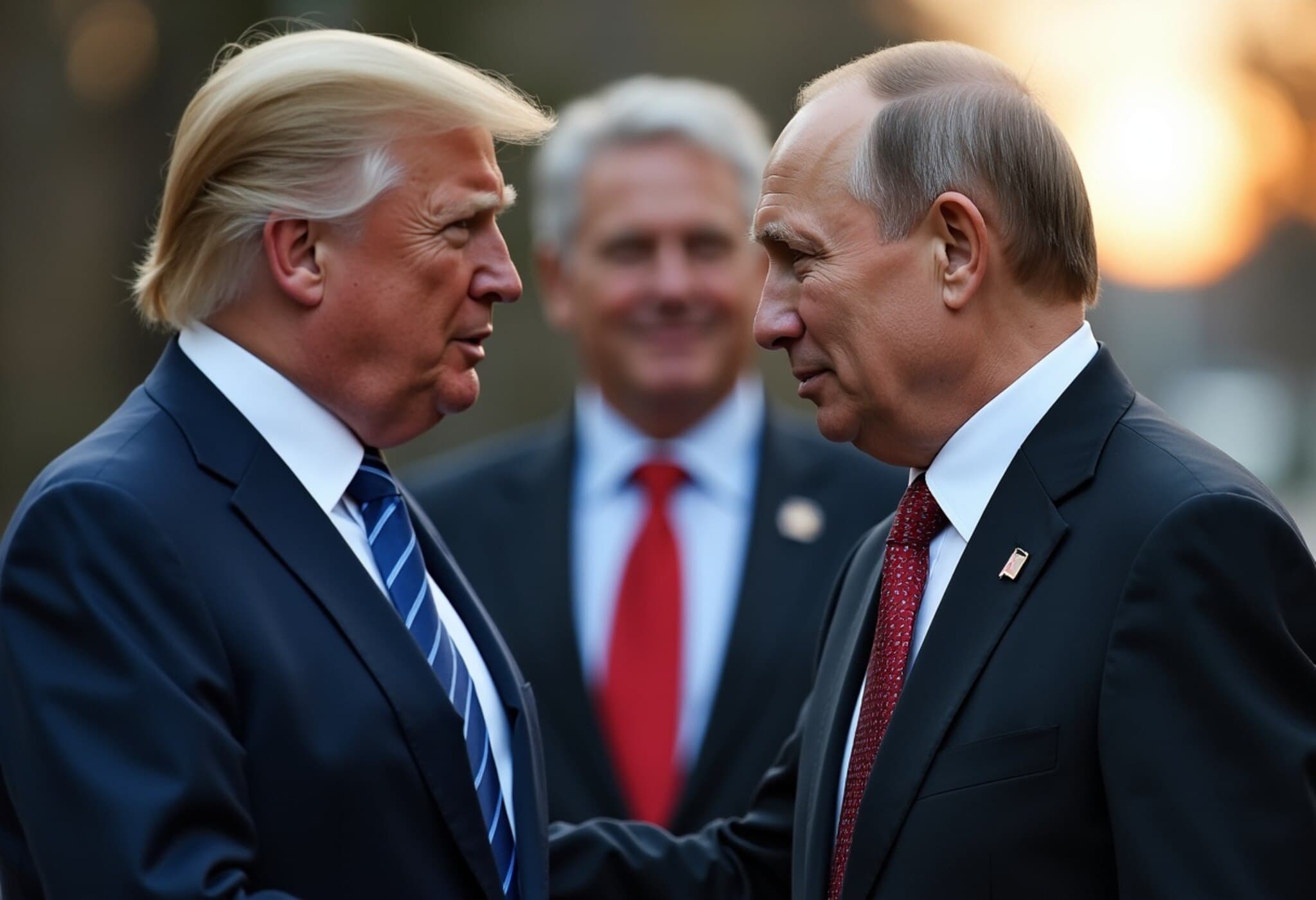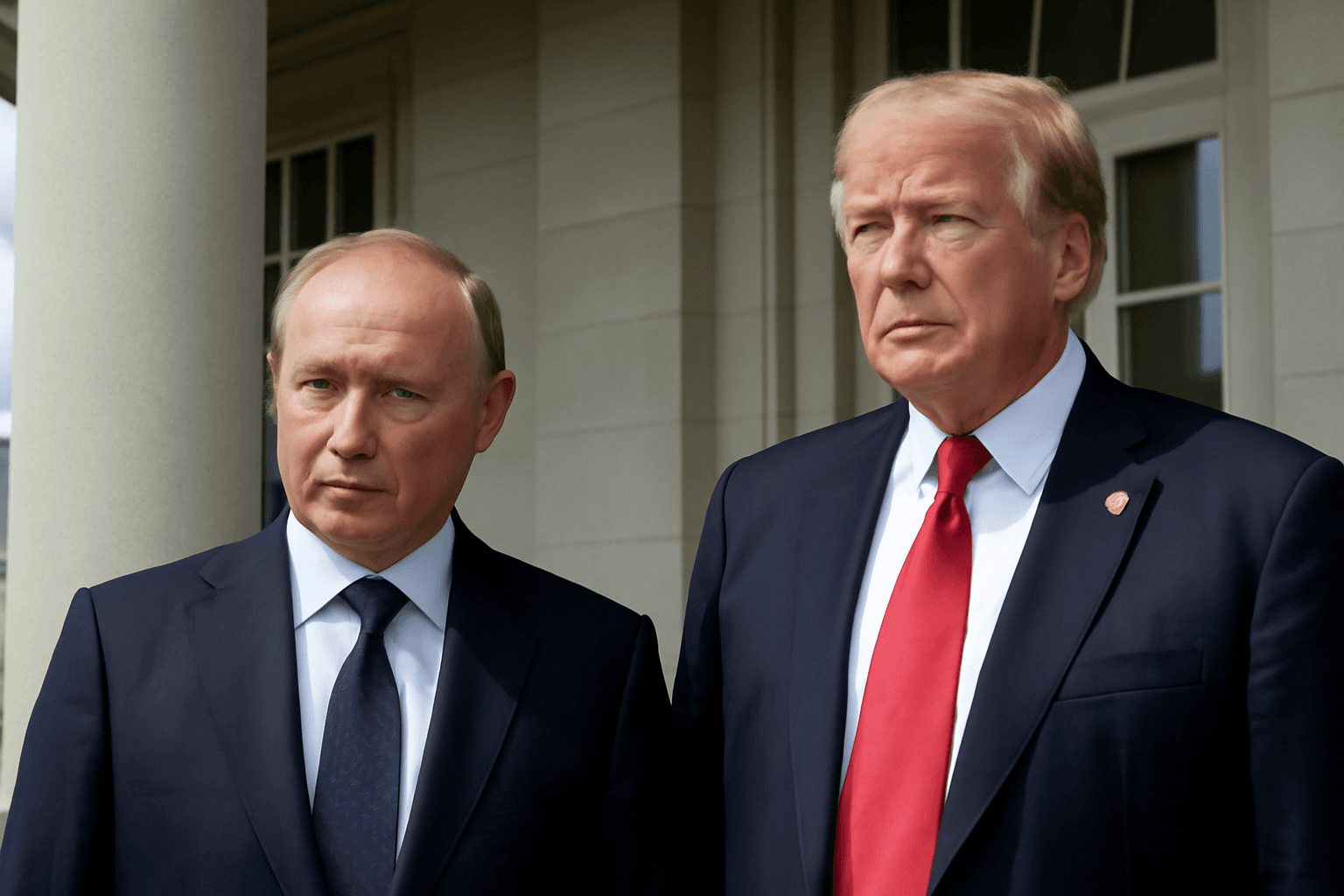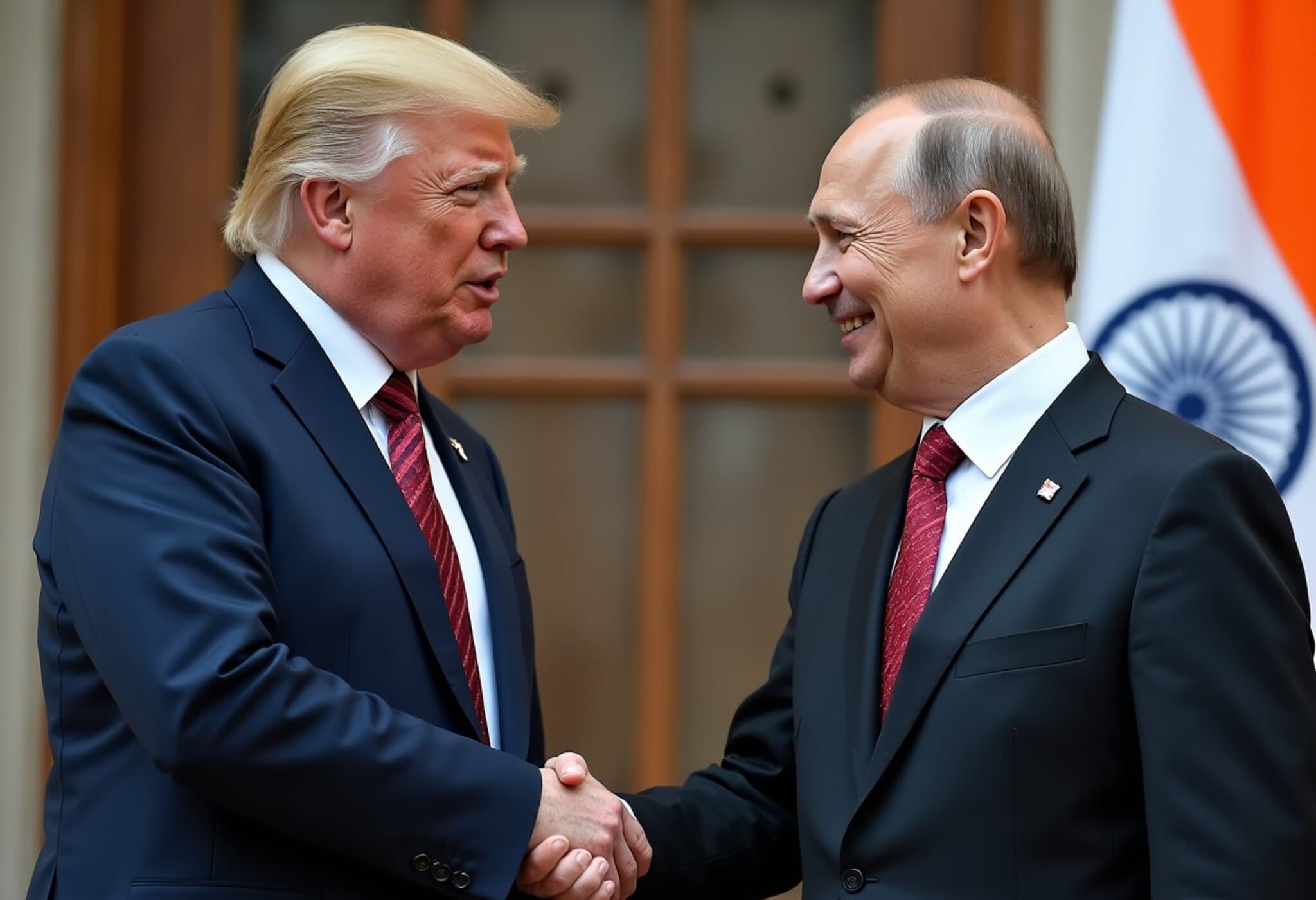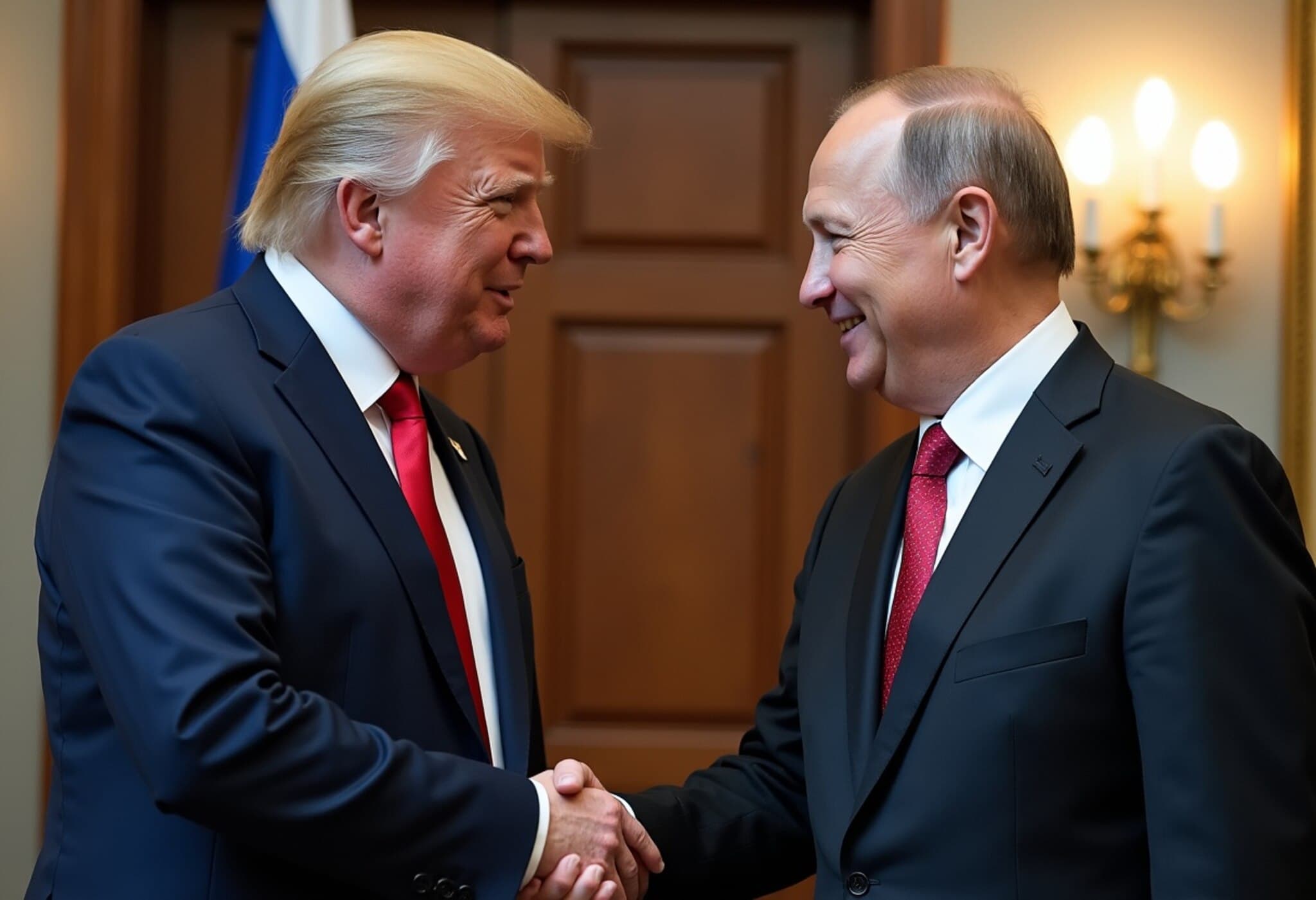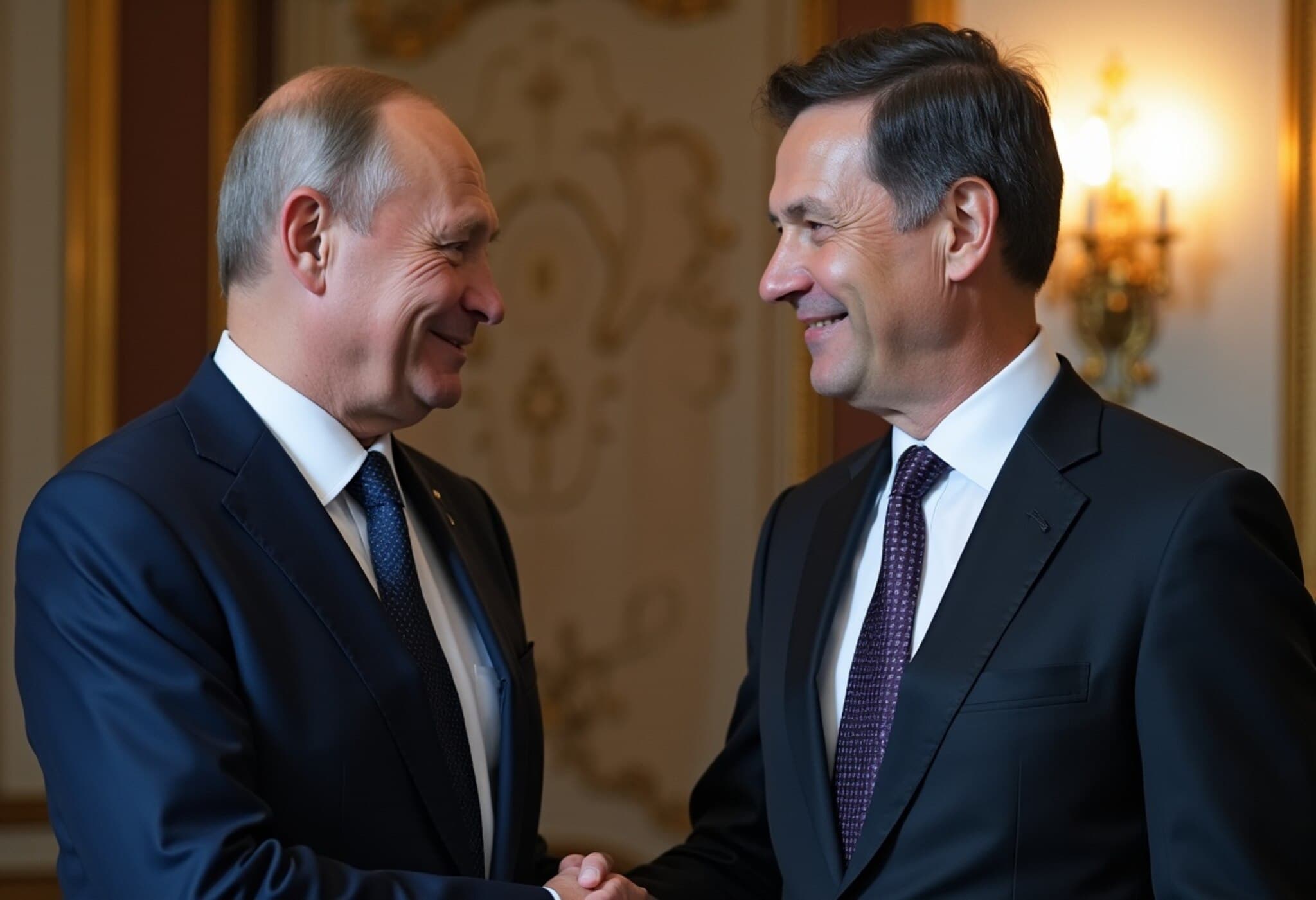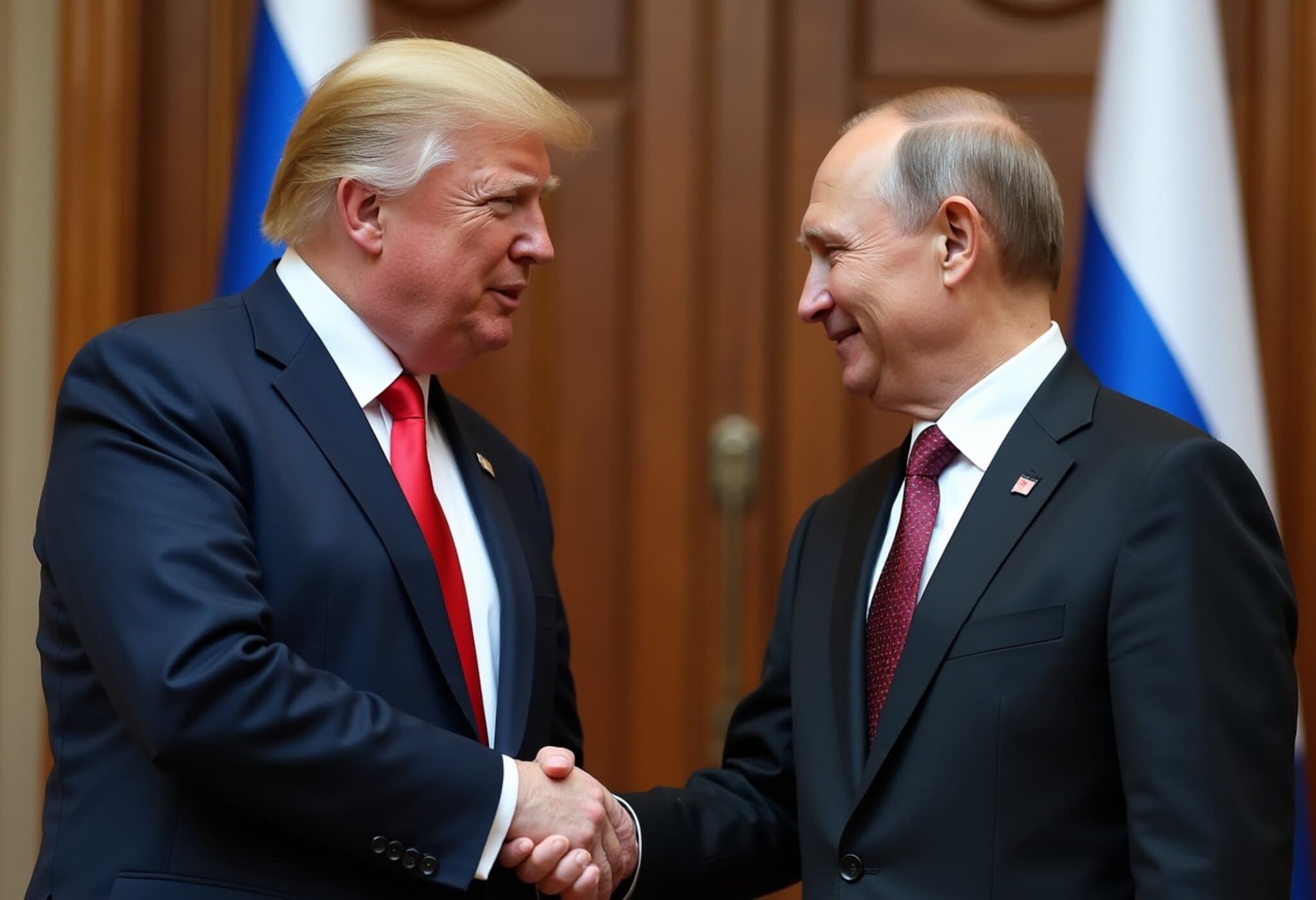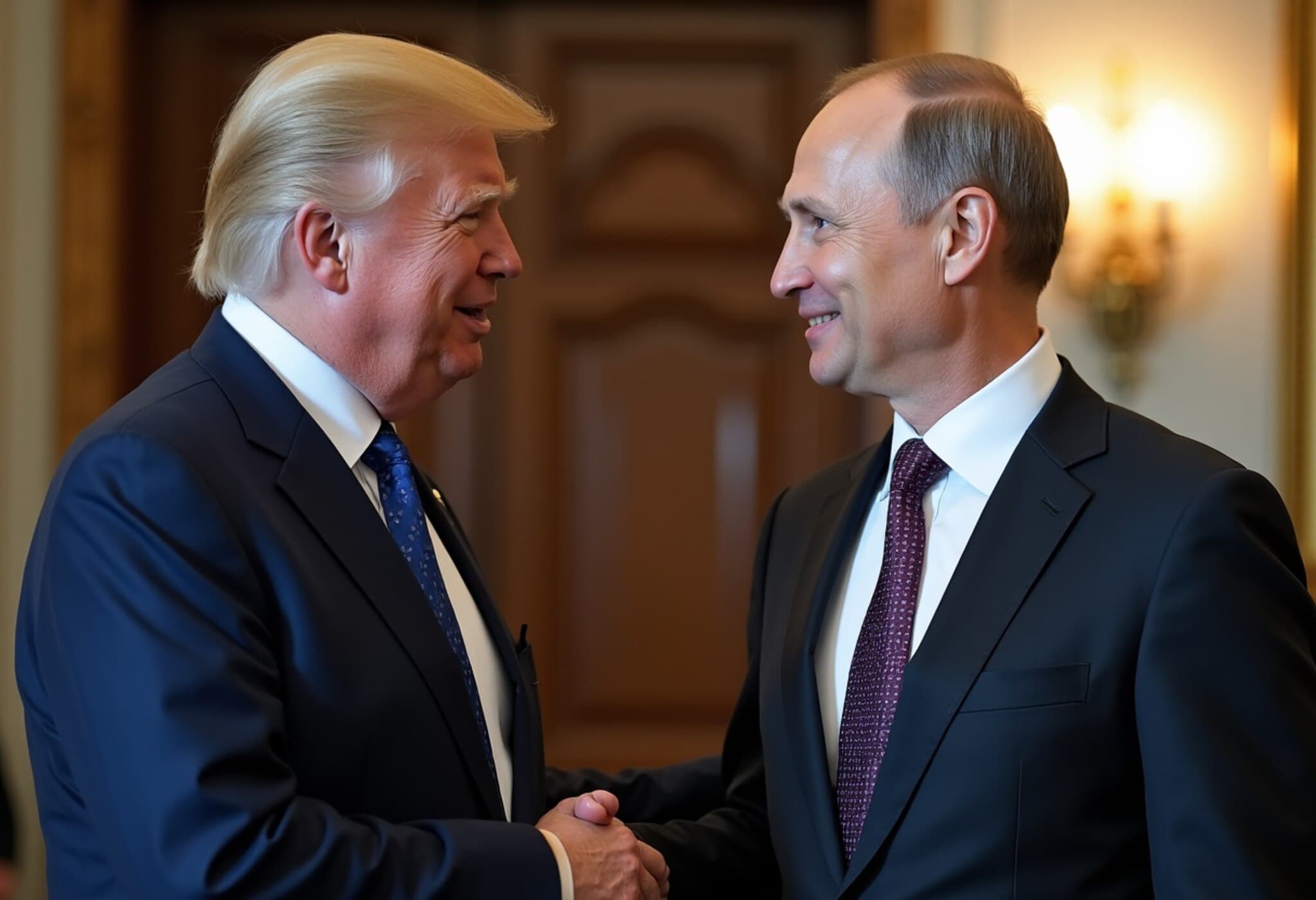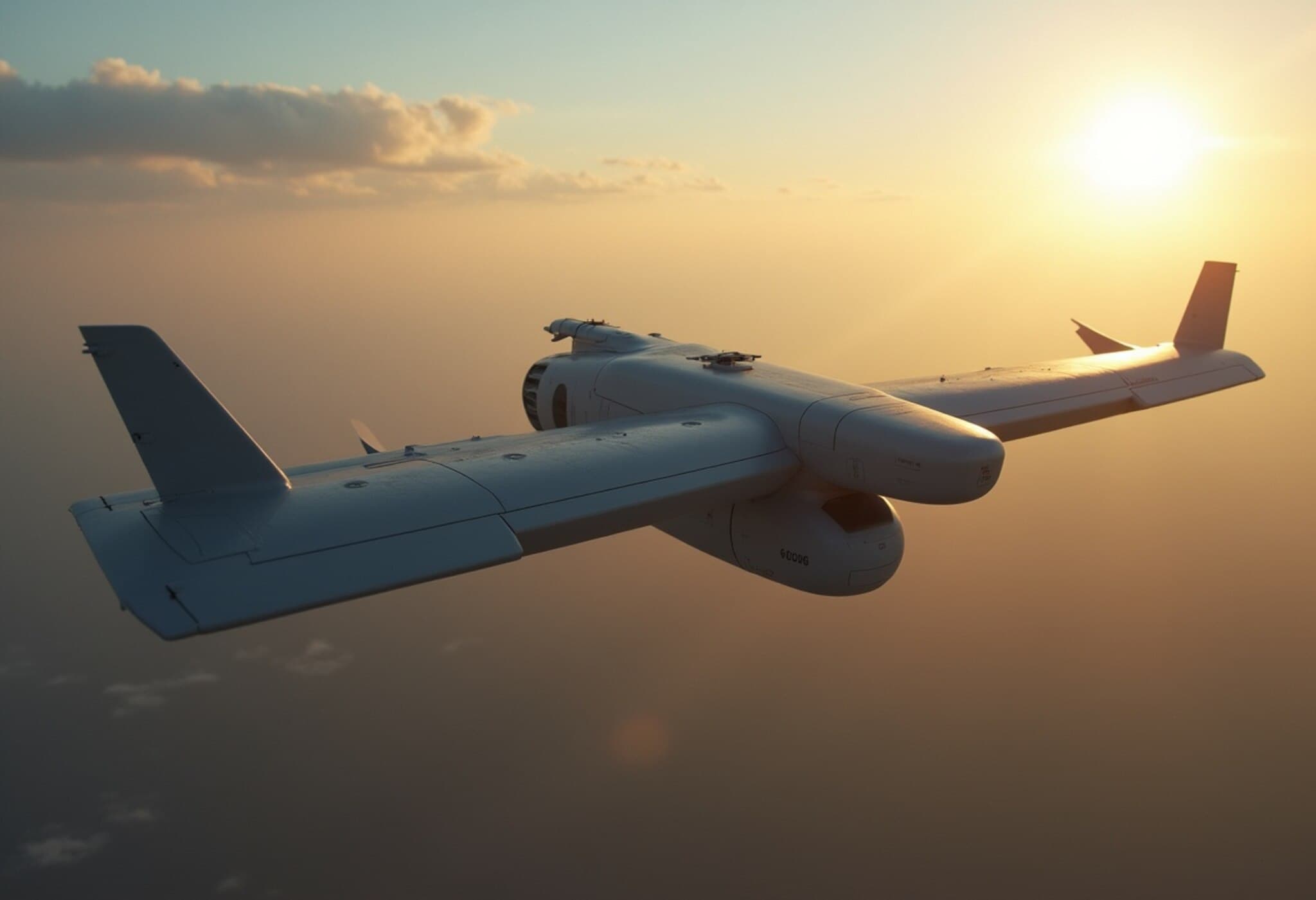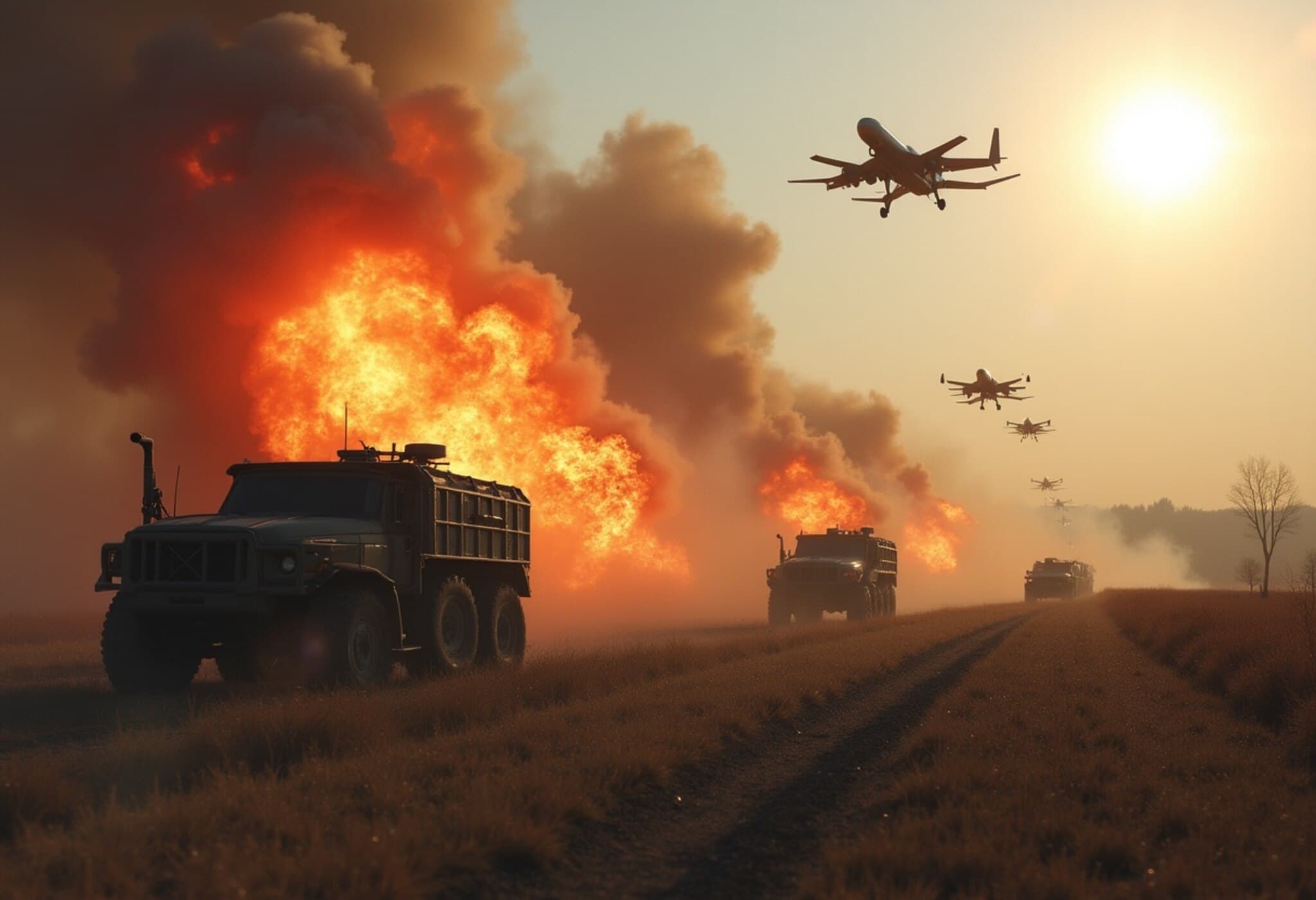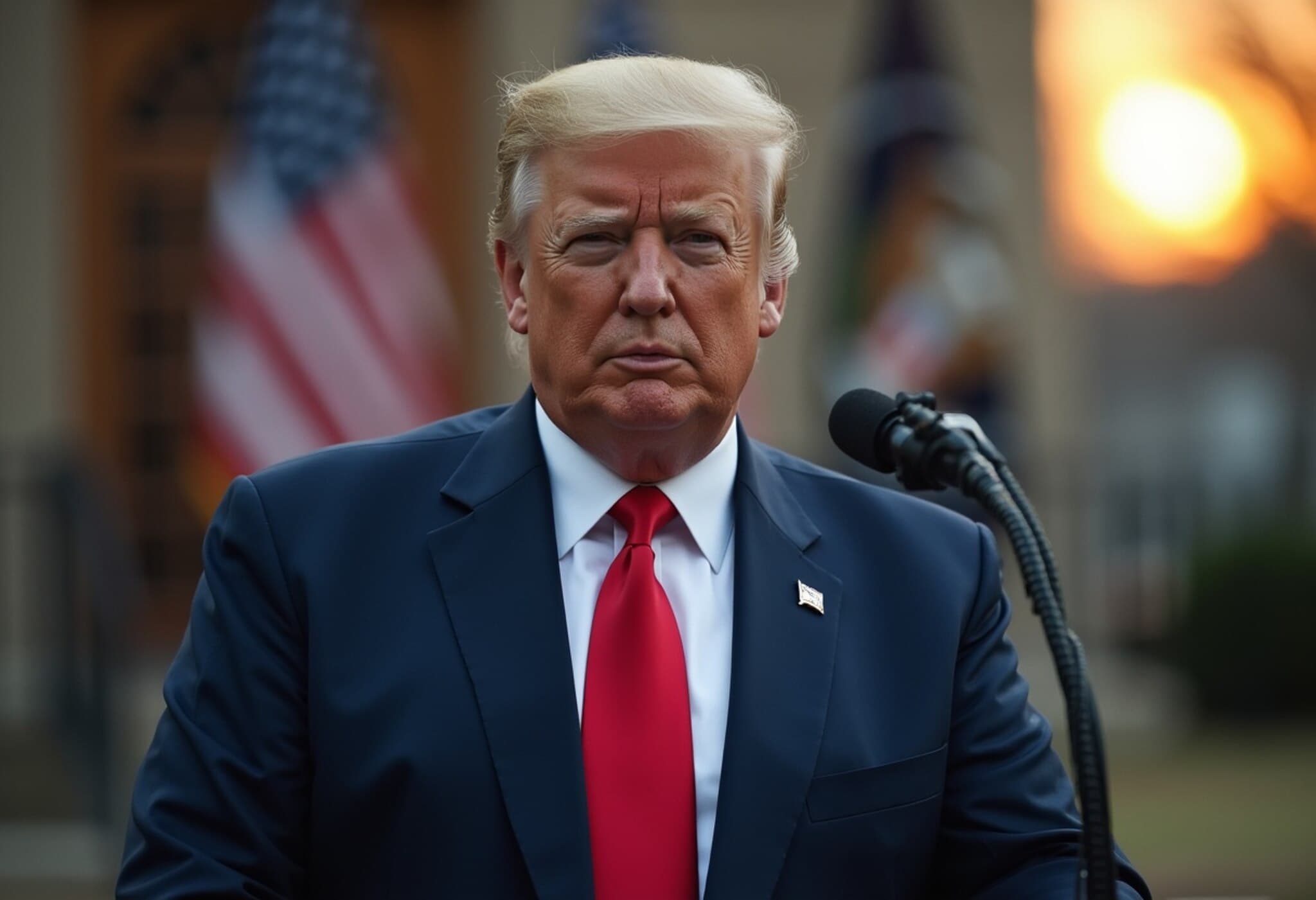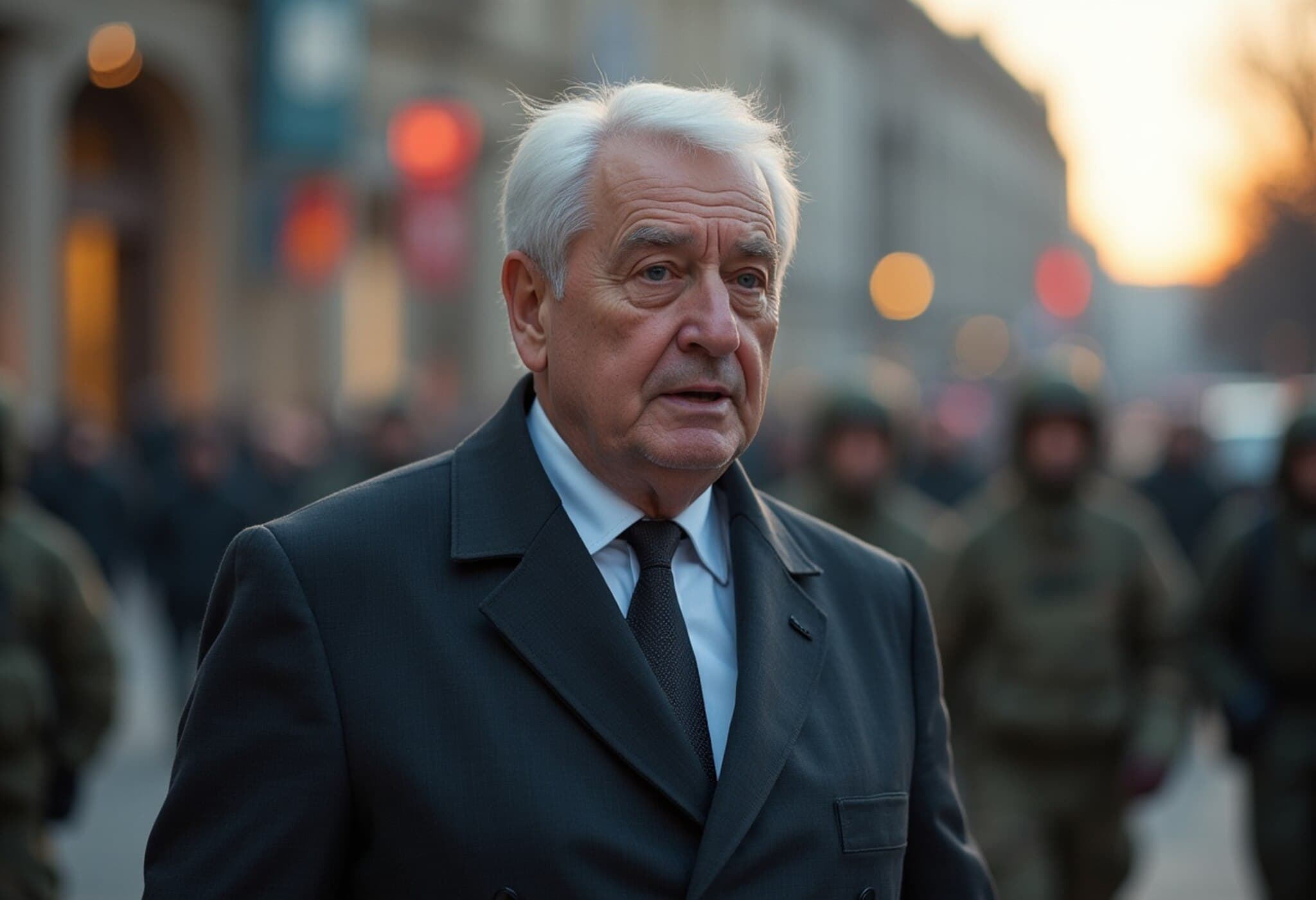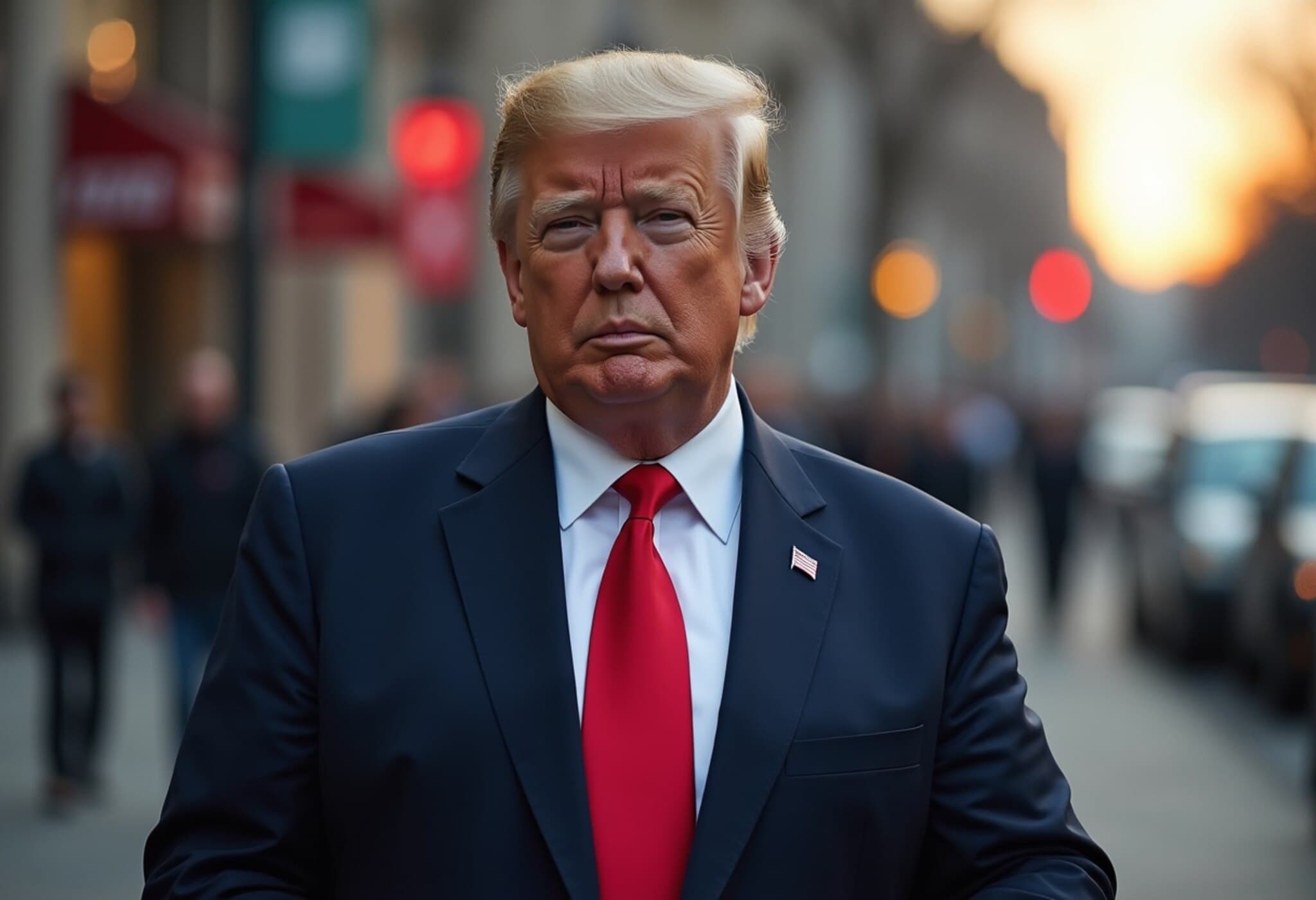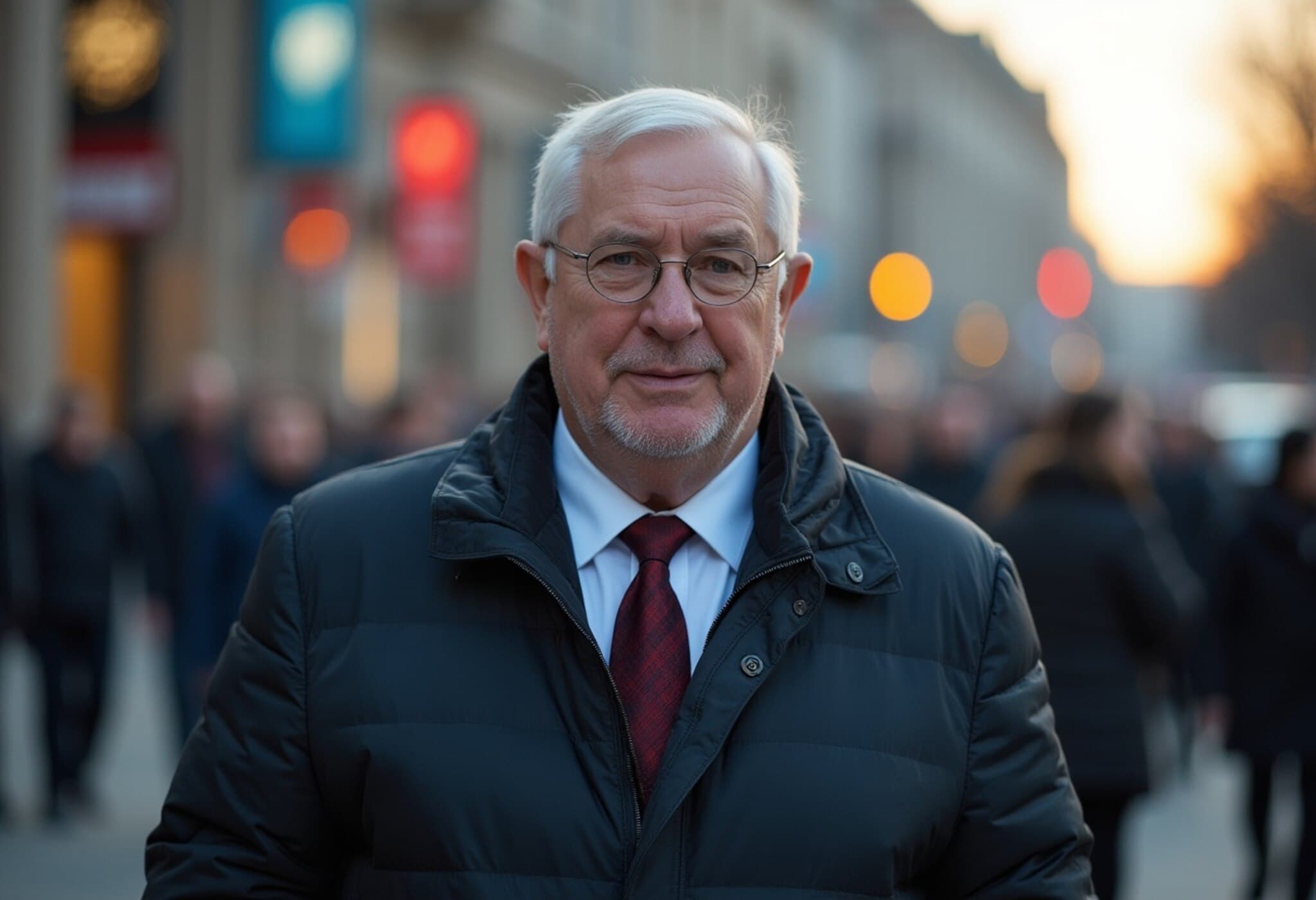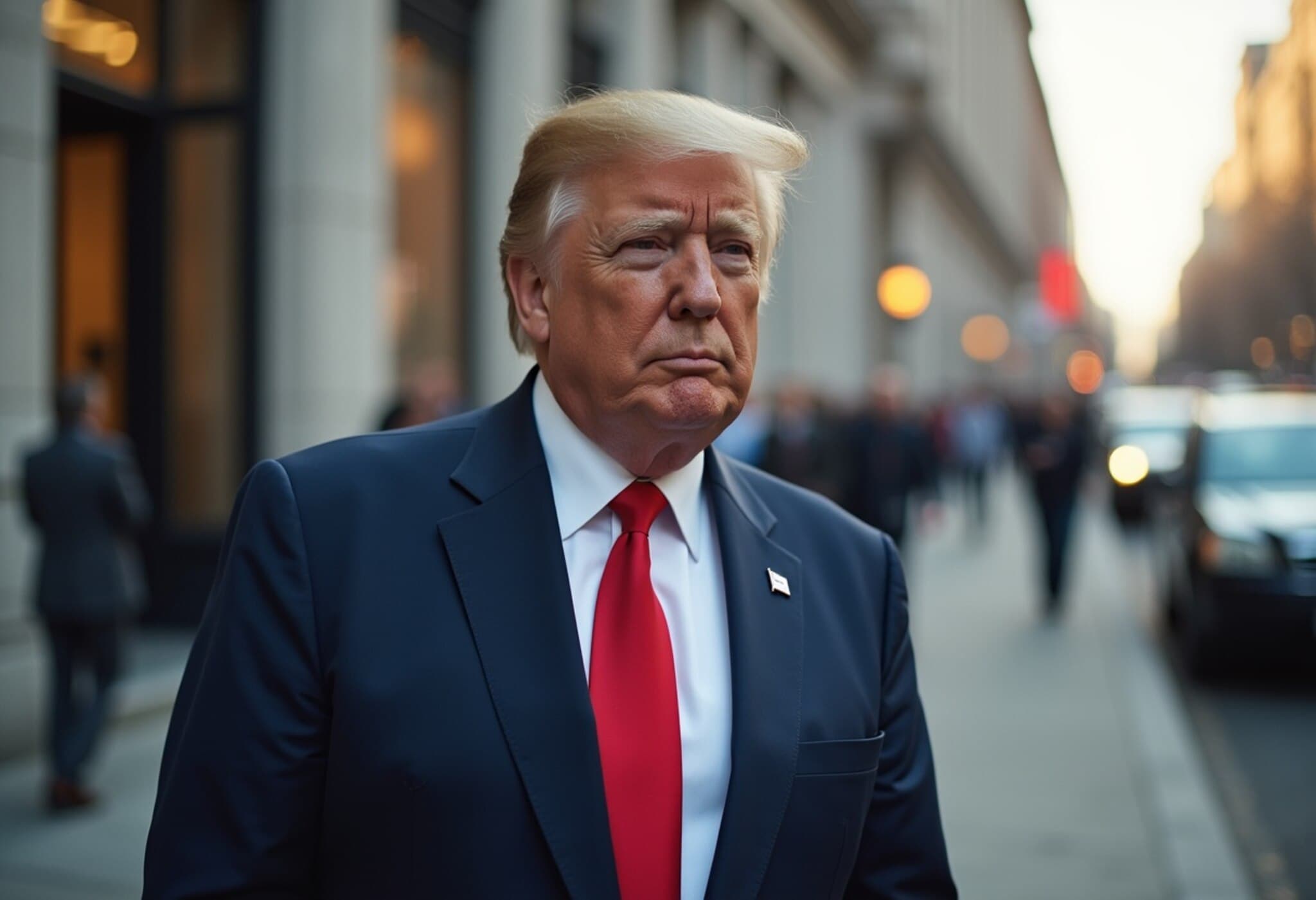Russia Declares August-End Meeting Between Putin and Zelenskyy ‘Obviously Unlikely’
Just days after diplomatic talks in Turkey raised hopes for a breakthrough, the Kremlin has firmly dismissed the possibility of a direct meeting between Russian President Vladimir Putin and Ukrainian President Volodymyr Zelenskyy before the end of August. Kremlin spokesperson Dmitry Peskov labeled such a summit as “obviously unlikely,” dampening any expectations for a swift diplomatic resolution.
Ukraine Seeks High-Level Dialogue to Halt Hostilities
President Zelenskyy has repeatedly called for a face-to-face meeting with Putin as a pivotal step towards achieving a ceasefire and laying the groundwork for ending the ongoing war. Ukraine views this high-level dialogue as essential to resolving a deeply entangled conflict that has devastated lives and reshaped geopolitical dynamics in Eastern Europe.
“A high-level meeting could and must put a definitive end to the settlement process,” Peskov acknowledged, but quickly added, “Is it possible to go through such a complex process in 30 days? Well, that is obviously unlikely.”
Insights From Recent Negotiations in Turkey
Earlier in the week, Ukrainian lead negotiator Rustem Umerov emphasized that a direct meeting between the two presidents was “priority number one” and sought to arrange it by the end of August, potentially including observers or mediation by key figures such as former U.S. President Donald Trump and Turkish President Recep Tayyip Erdogan.
On the Russian side, delegation head Vladimir Medinsky acknowledged the “quite distant” positions of the two sides, underscoring the ongoing challenge in bridging fundamental differences.
- Both parties agreed to exchange 1,200 prisoners each—a modest but tangible step forward.
- Russia offered to return the bodies of 3,000 Ukrainian soldiers, a gesture aiming at humanitarian concerns.
- Russia proposed establishing short-term ceasefires of 24 to 48 hours along contact lines to facilitate the retrieval of the wounded and fallen.
Maximalist Russian Demands Highlight Stalled Negotiations
Despite these incremental moves, Russia has amplified its maximalist demands, refusing to compromise on key territorial and political issues. Experts note that Russia’s stance threatens Ukraine’s sovereignty and complicates prospects for a negotiated peace.
The Kremlin’s rejection of Zelenskyy’s overtures serves as a stark reminder of the wide chasm still separating the two parties, even as diplomacy attempts to chip away at the entrenched hostilities.
Expert Commentary: What This Means for the Future of the Conflict
According to Dr. Elena Morozova, a senior analyst on Eastern European affairs, the Kremlin’s refusal to engage in a leader-level dialogue signals not just a delay but a strategic posture aimed at consolidating gains on the ground before any political negotiation.
“The possibility of direct talks hinges heavily on changes in battlefield realities and political pressure,” she noted. “Without a shift in these variables, expecting a summit within a narrow timeframe is unrealistic.”
U.S. policy experts further emphasize the importance of sustained international engagement to maintain momentum towards de-escalation, warning that prolonged stalemate could entrench conflict and exacerbate humanitarian crises.
Looking Ahead: Key Questions and Regional Implications
- Can third-party mediation from countries like Turkey or international organizations reopen channels for meaningful dialogue?
- How might upcoming prisoner exchanges impact trust-building measures?
- What role will Western allies play in balancing support for Ukraine with incentives for Russia to negotiate?
In the wider context, the protracted standoff between Moscow and Kyiv continues to influence security arrangements not only in Eastern Europe but also across NATO and U.S. policy planning, underscoring the global stakes of this regional conflict.
Editor’s Note
While the Kremlin brushes off near-term talks, the ongoing prisoner exchanges and ceasefire proposals suggest there remains a sliver of cautious engagement between the nations. This paradox highlights the complex dance of diplomacy in wartime — where gestures of goodwill coexist with hardened political stances. For observers and policymakers alike, remaining attentive to these nuanced shifts is essential to anticipating the conflict's trajectory.
As the month unfolds, keen eyes will watch whether international diplomatic efforts can break through the impasse or if the grim realities of war will further stall peace prospects.

